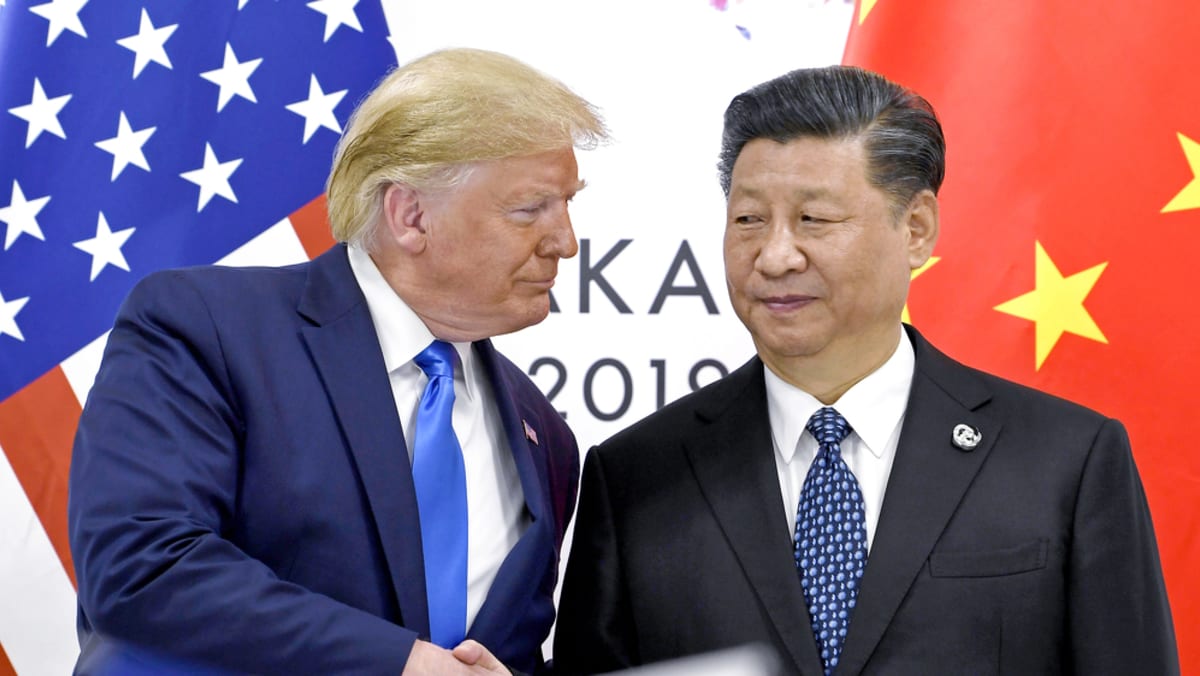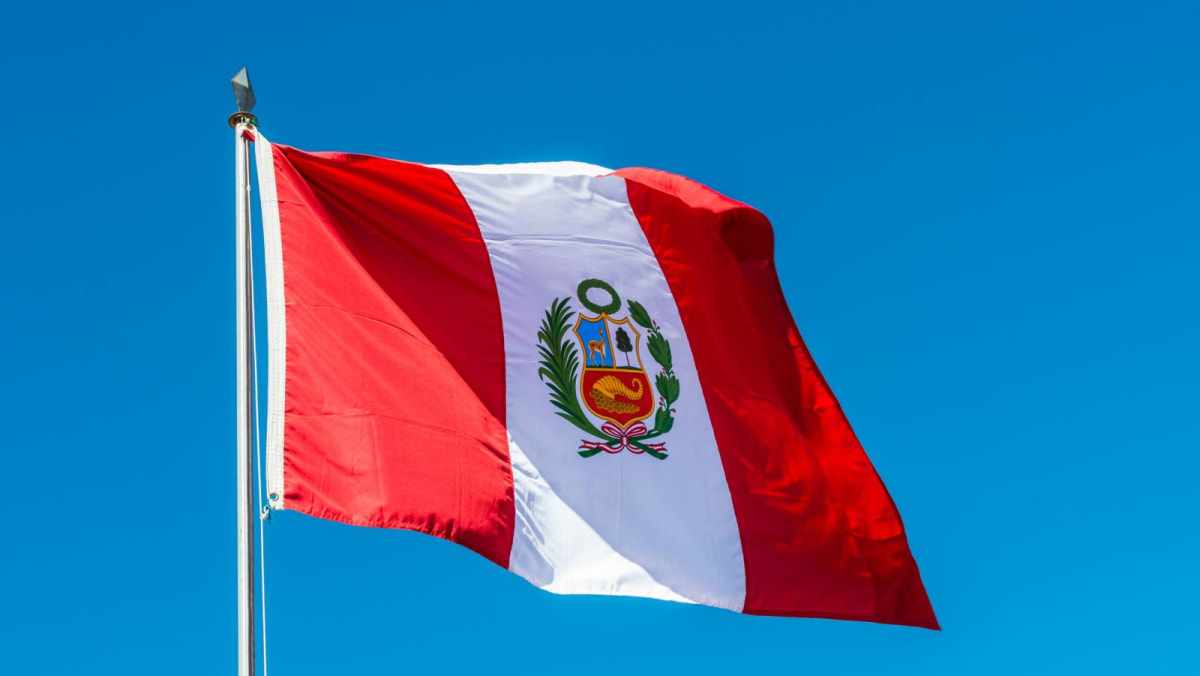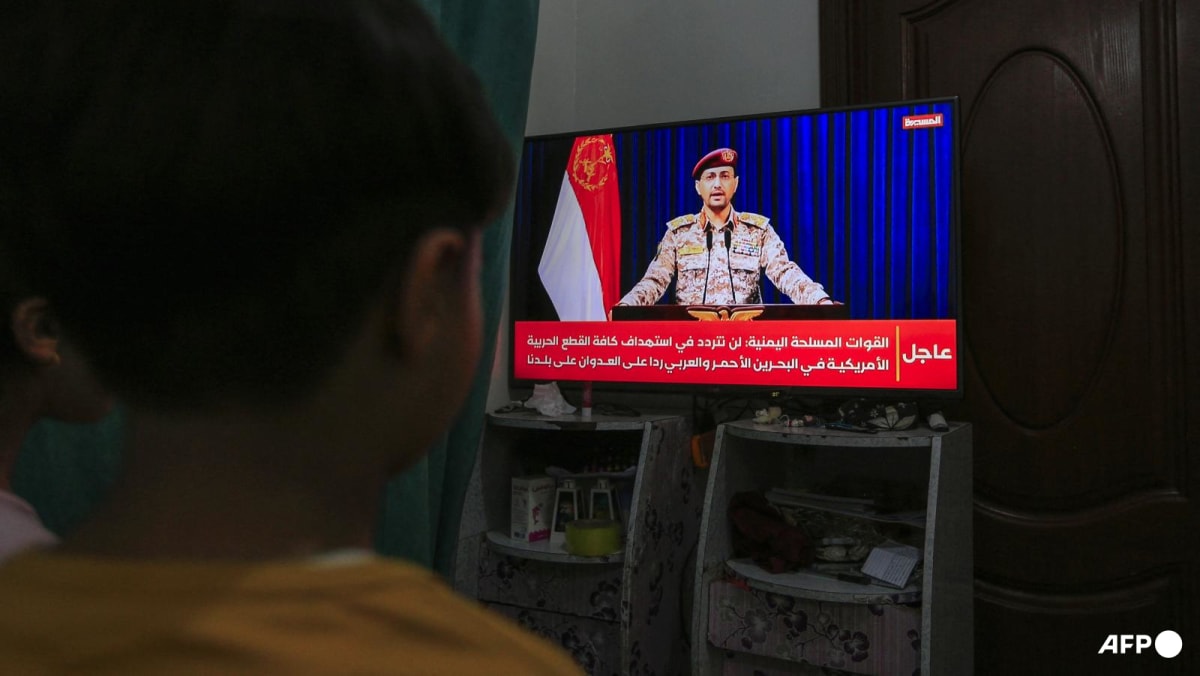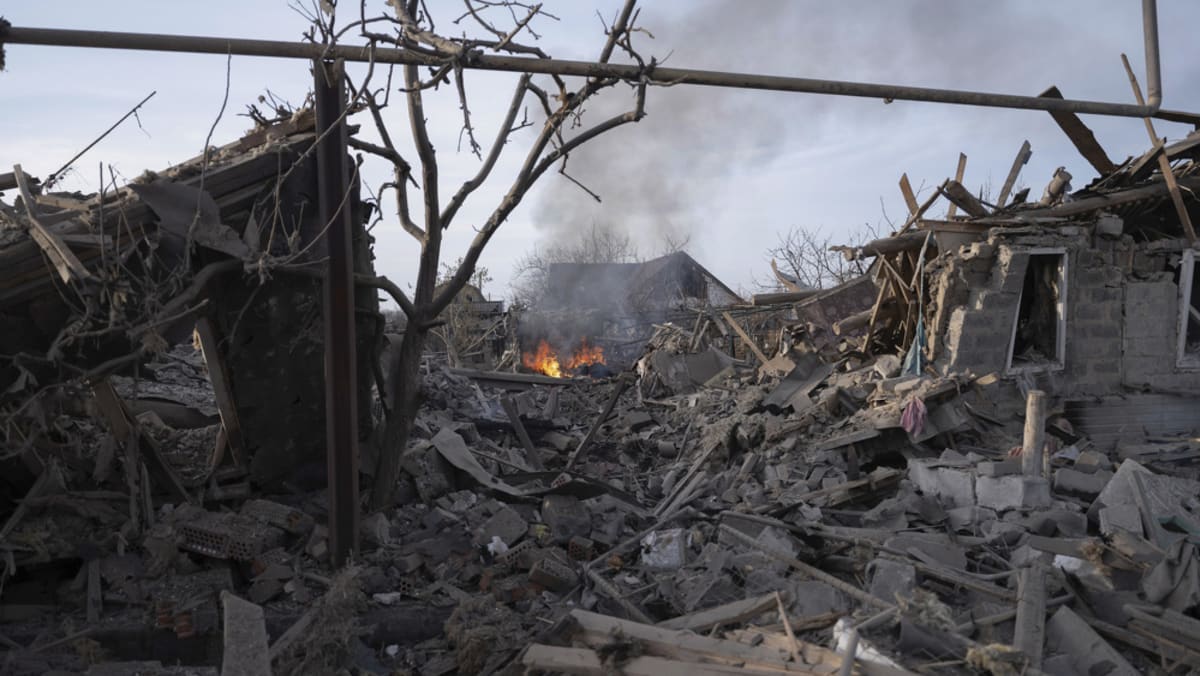Destruction of Kakhovka dam takes Ukraine war into uncharted territory
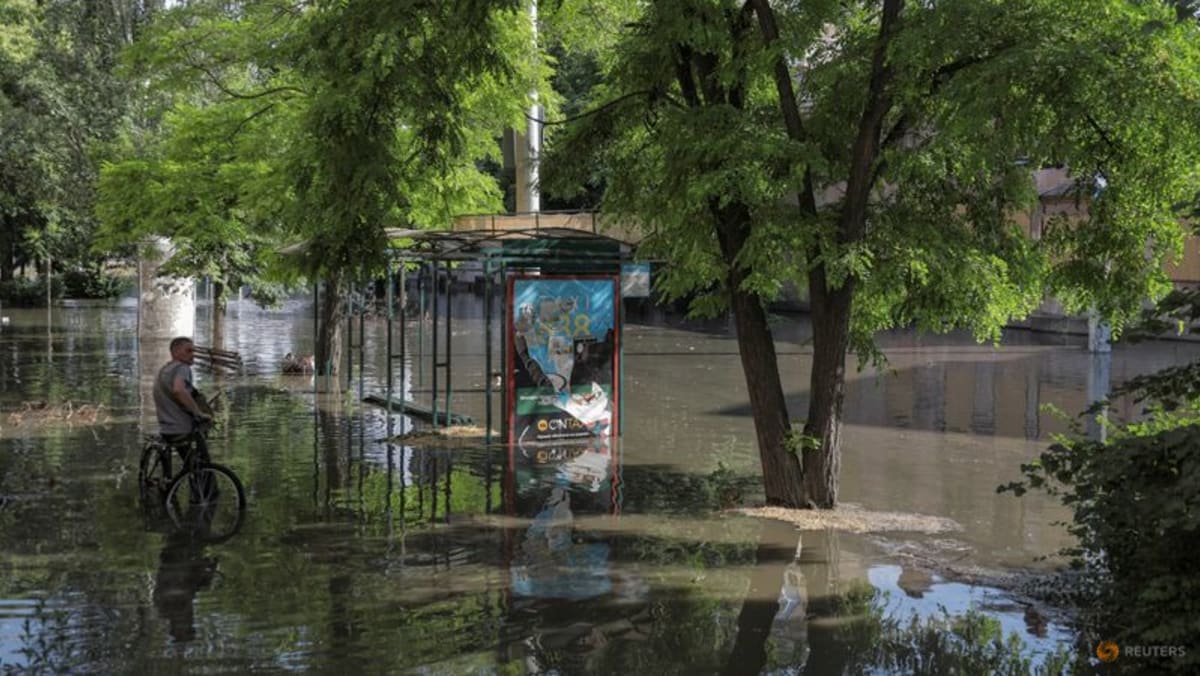
YEARS OF DAMAGE
But the wider damage to the environment and agriculture in one of the world’s biggest grain exporters could be stark, further stressing global supply chains after the blockade of Ukrainian seaports last year.
Wheat prices surged more than 3 per cent on Tuesday.
“The challenge is it’s a very large dam actually, one of the largest reservoirs in the world,” said Mohammad Heidarzadeh, a civil engineer at the University of Bath in Britain.
“… Based on experience of similar incidents worldwide, a very large area would be impacted and hazardous material spread all over the area that would impact the productivity of the agriculture.’
Heidarzadeh said the flooding would bring more disruption to agricultural supply chains while mud left behind by the floodwaters would probably take years to clear.
Modupe Jimoh, assistant professor of Civil and Humanitarian Engineering at the University of Warwick, predicted significant amounts of farmland would be destroyed, hitting food supplies.
Floodwaters will wash industrial chemicals and lubricants into the soil, she added, damaging ecoystems and biodiversity.
“And in places where you have biodiversity that has developed for a lot of years, it means that it would take a lot of years to reverse the damage first, and then to build it (up) again,” she said. “In the washing away of the water, some species would be lost forever.”
Accusing Russia of “ecocide”, Ukrainian Foreign Minister Dmytro Kuleba said the flooding would bring irreversible harm to the area, adding that animals in the Nova Kakhovka Zoo had also died in the rising water.
Russia has denied responsibility, and accused Ukraine of sabotaging the dam to deflect from what Moscow said were Ukrainian military failures. Neither side has provided evidence so far for their claims.
Marina Miron, a researcher at King’s College in London, called it a “turning point” in the war but said both sides could see some advantage in blowing up the dam.
“For Russians the reason to do it would have been to stop the Ukrainian counteroffensive, obviously. And to create a humanitarian situation in Kherson, where people need to be evacuated and to create swamps so that Ukrainians would not be able to use their mechanized infantry, for instance,” she said.
For Ukraine, the breach might have provided a way of distracting the Russians while Kyiv launches its counteroffensive, she added.
Patricia Lewis, Research Director for International Security at the Chatham House think tank, said the situation helps Russia even if the Ukrainian counteroffensive later makes inroads.
“For Russia, you can see the immediate benefit in that you’re stopping that connection for Ukrainian forces to get across,” she said in an interview.
“And also .. if they’re not planning on staying there for the long term, for whatever reason, if they think, for example, that they’re not going to win this battle, then they would leave Ukraine with this long-term headache.”
Source: CNA





